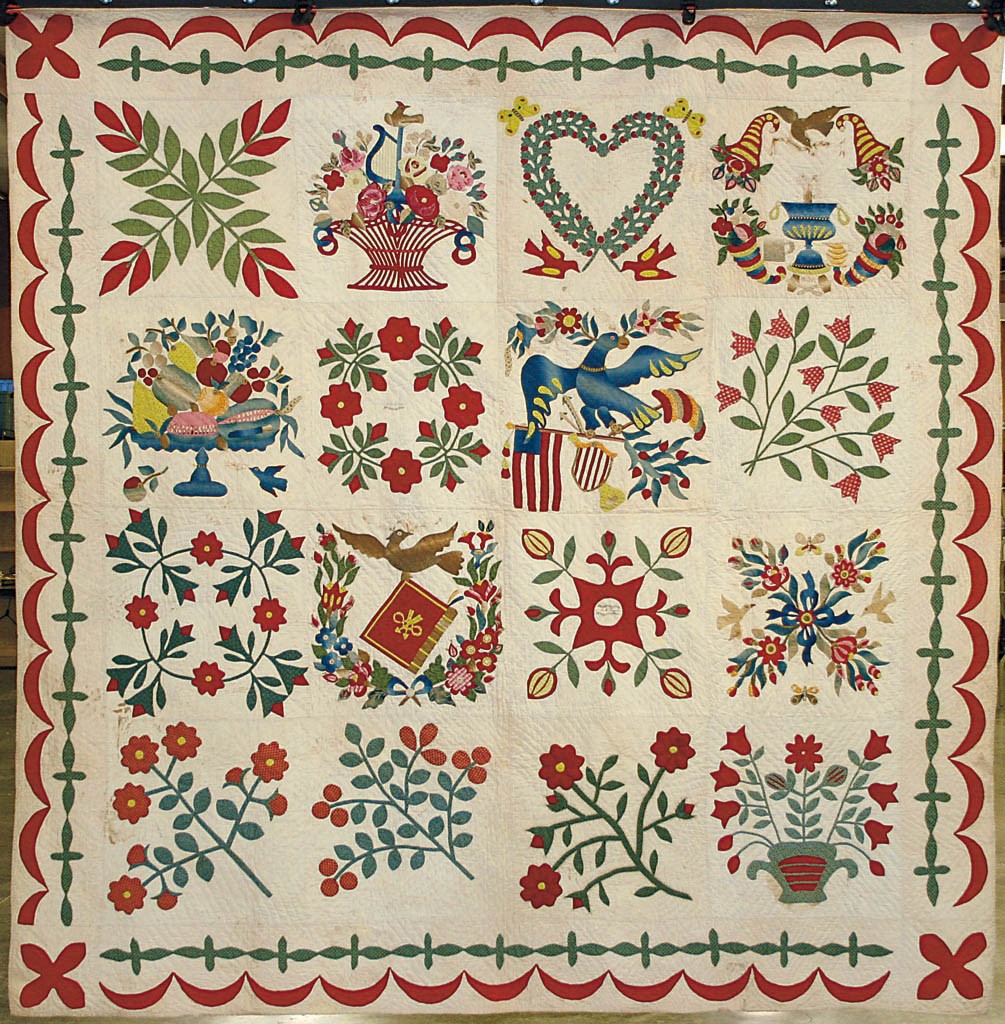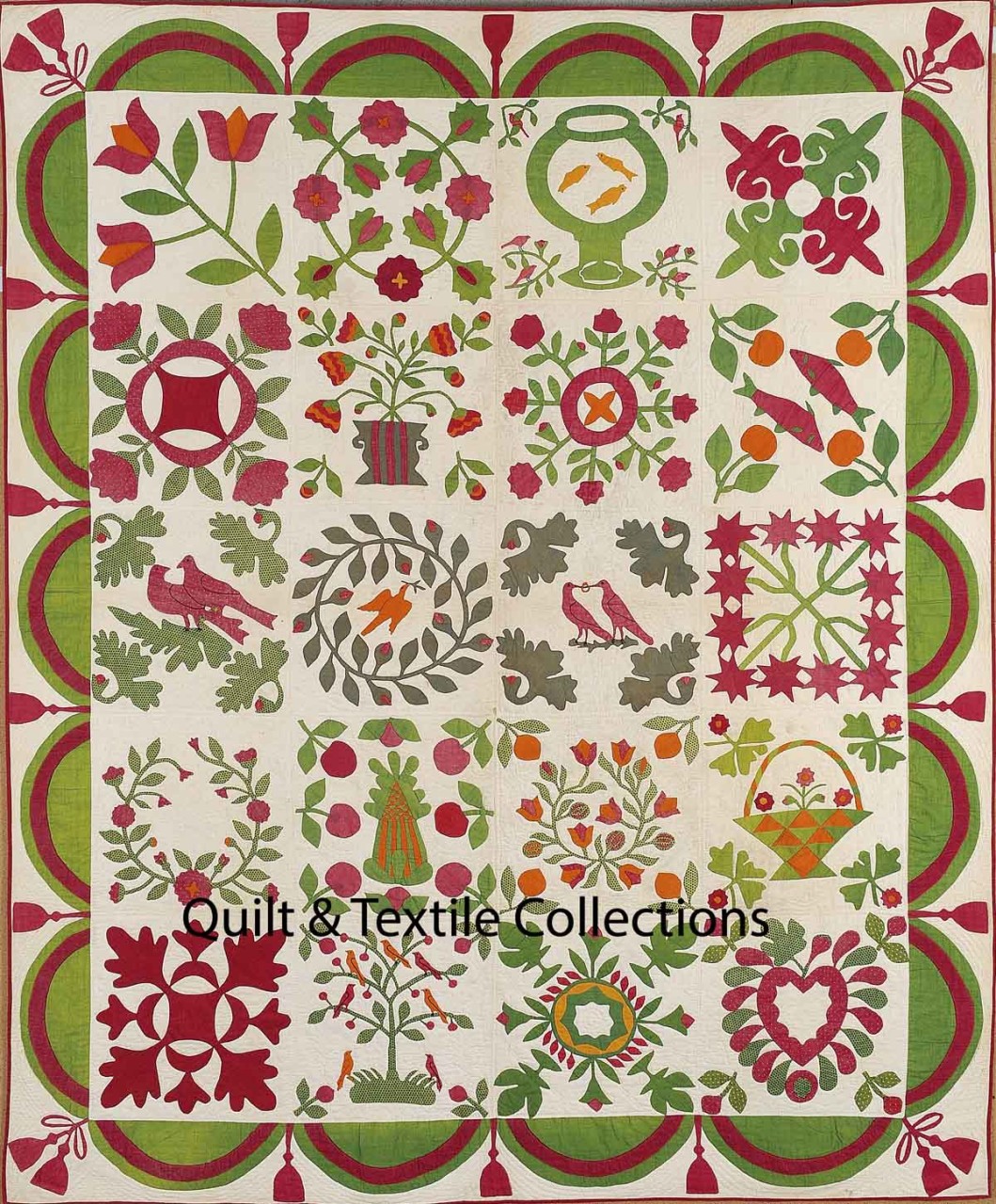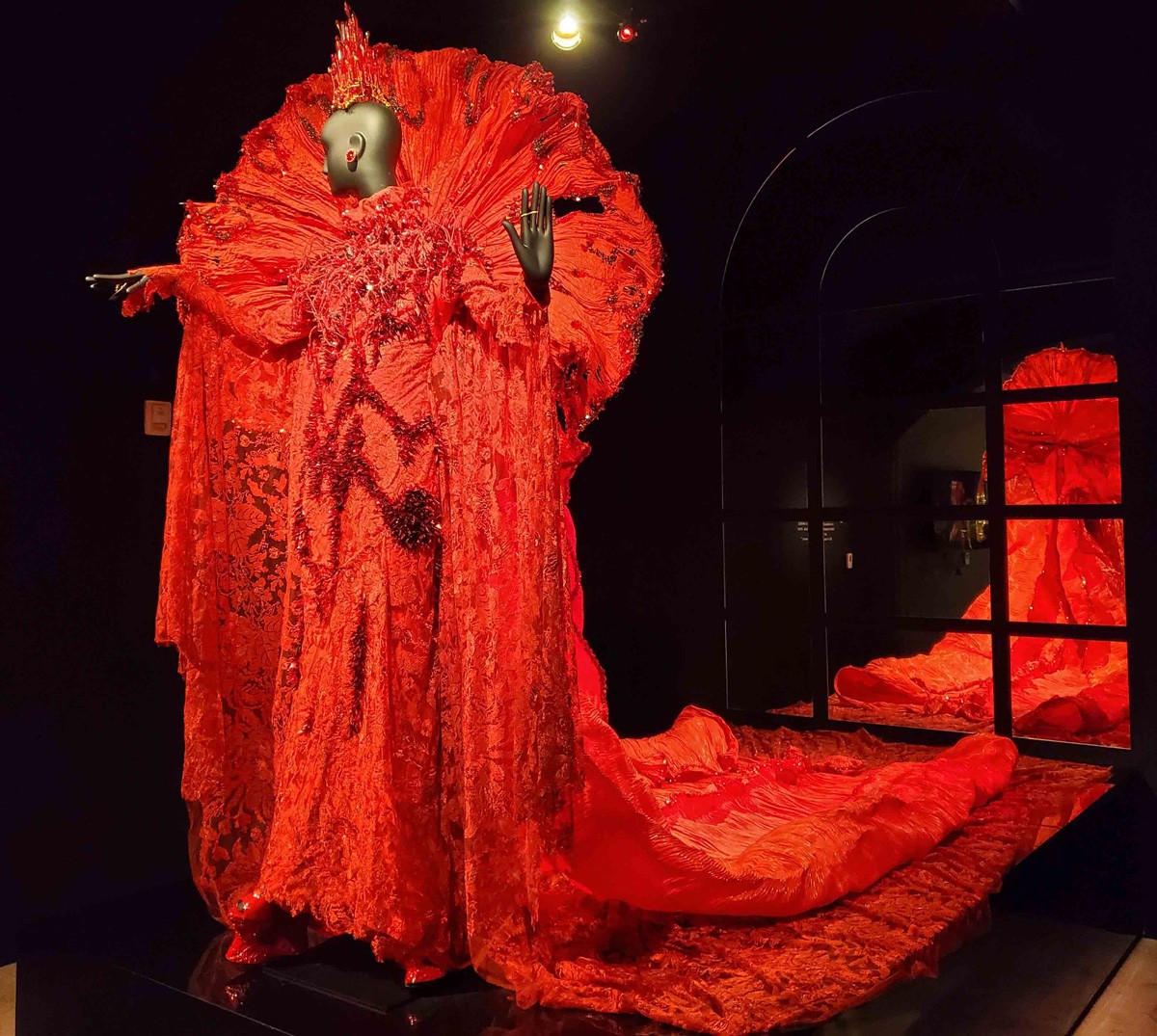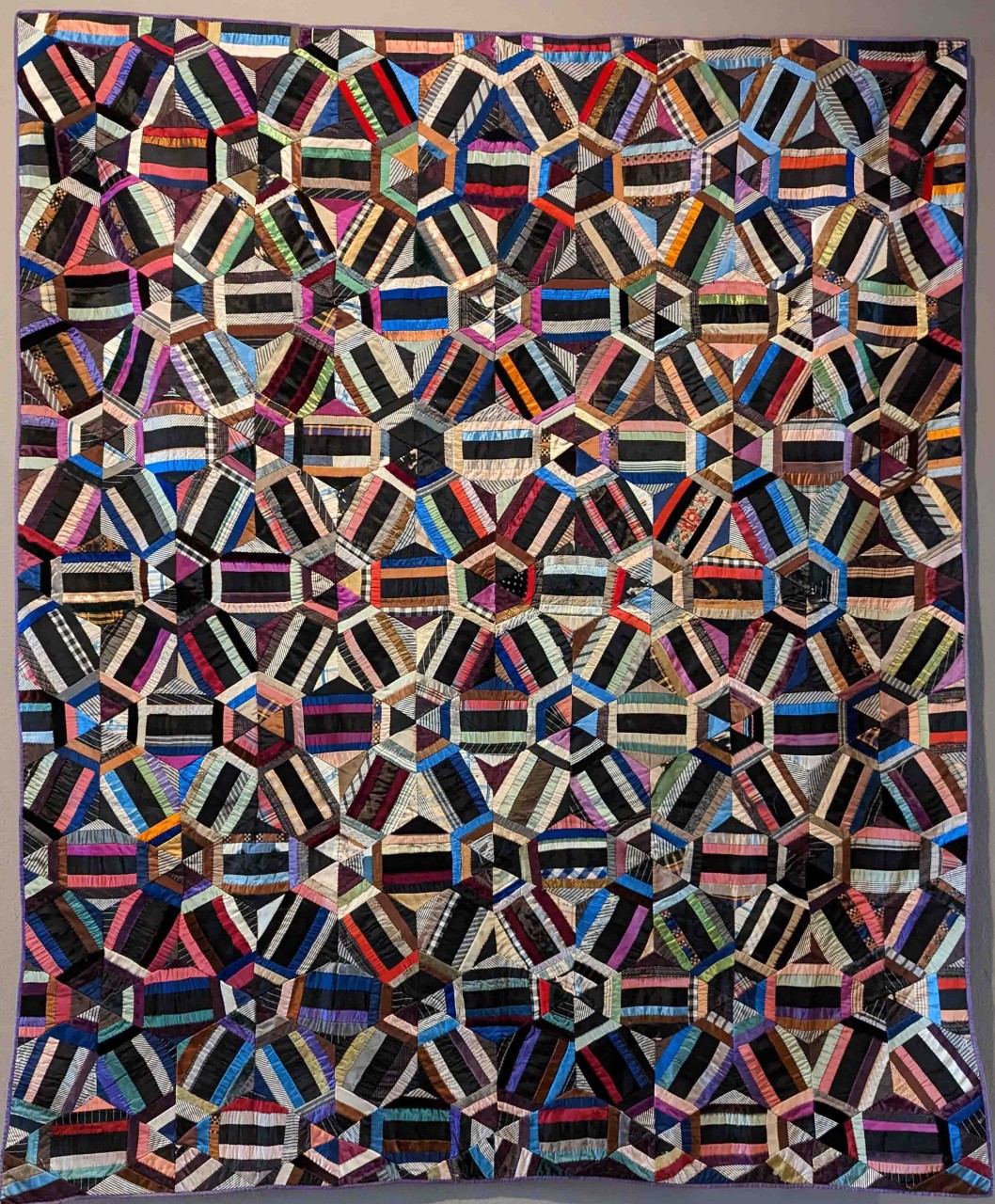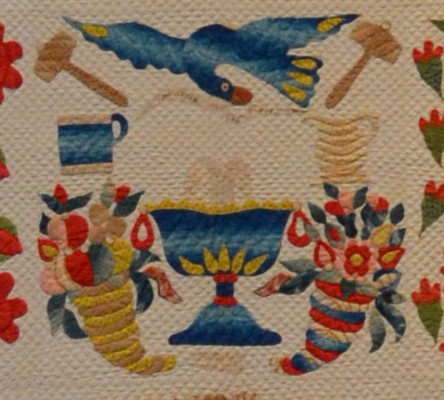
Debby Cooney a long time Baltimore Album Quilt researcher has correlated the Fountain block (follow link to see all the quilts) with the Temperance movement. It seems to have such a clear connection, but it made me wonder if it could be traced to a specific Temperance Society in Baltimore and/or members of a specific society. I began researching many of the different temperance societies and my working theory led me to the Washington Temperance Society which was created by 6 men who were artisans/laborers including a tailor who would become President at the Chase Tavern at 22 N Liberty Street in 1840. Membership topped 700 by the end of the year, and it had 5,000 members by 1842. The Washington Temperance Society used the phrases “fountain of health, fountain of life” in their promotional materials. Additionally, the...


